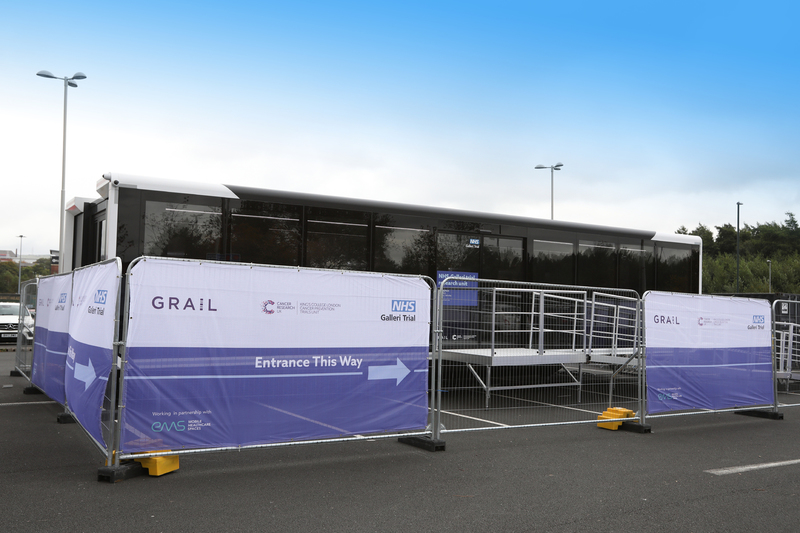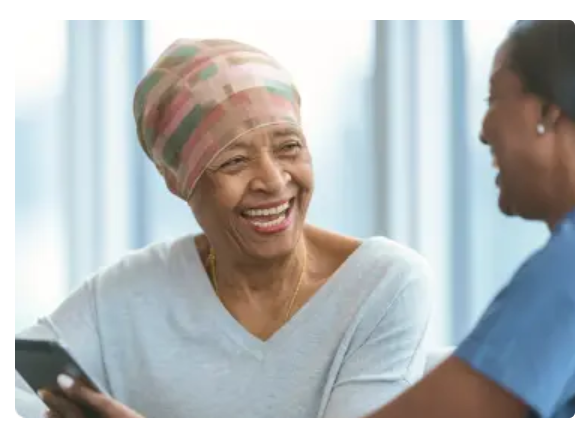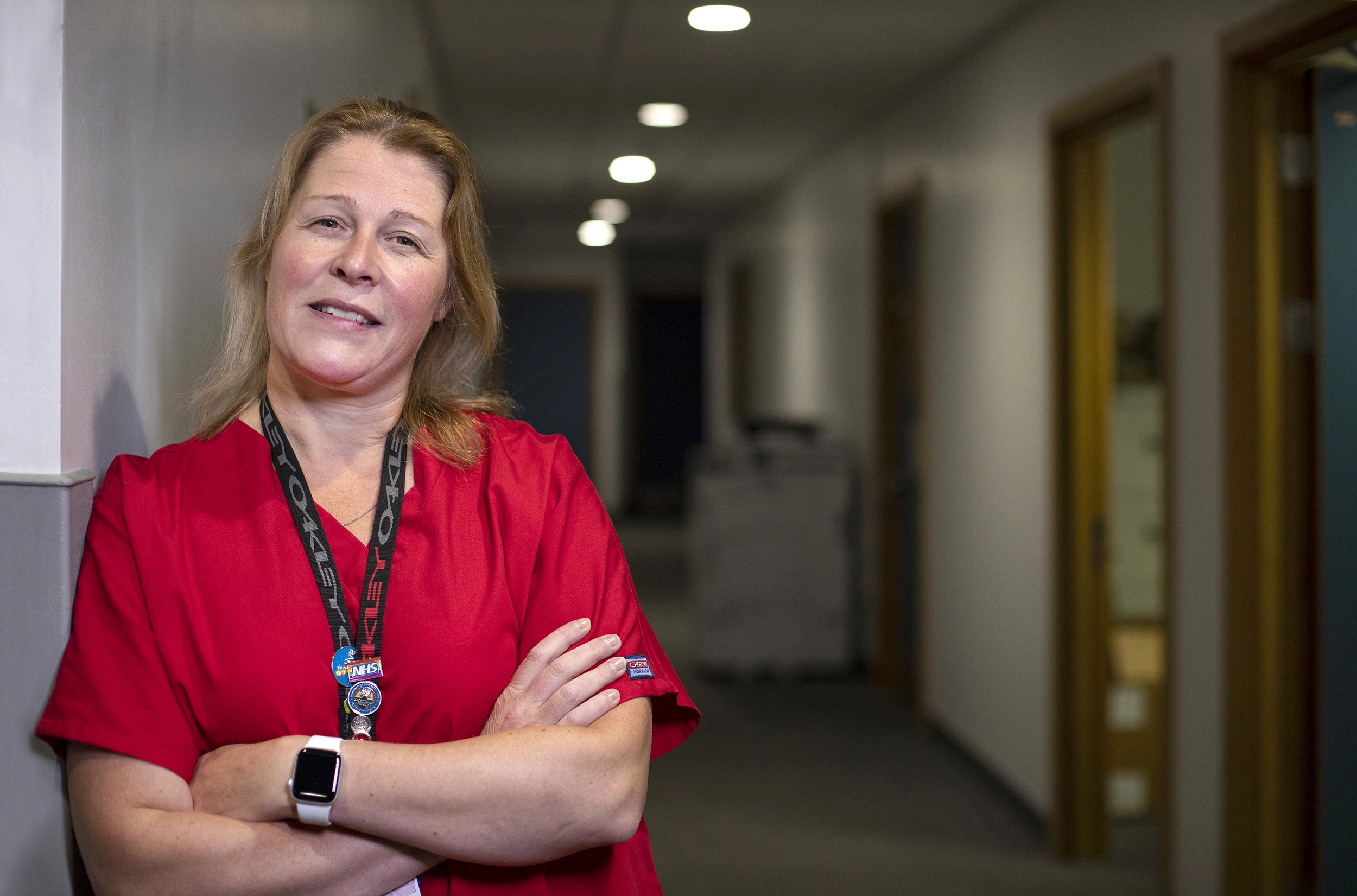
Mum-of-three Tracey is on a mission to help improve conversations about cancer after being treated for womb cancer.
Tracey Jacques, 52, credits one small bit of knowledge with saving her life.
The HR officer – who has recently finished treatment for womb cancer – went through the menopause at age 47 when her periods stopped.
Tracey says women need to talk about their vaginas and not be embarrassed.
Thanks to talking to her sister – a womb cancer survivor – she knew something was not right when she had a heavy bleed a couple of years later in November 2020 at age 49.
Tracey said: “Initially I didn’t do anything about it, but there was something telling me I should. I left it 3 days then I rang my GP and they said: “That’s not right”.
“It saved my life 100% having that little bit of knowledge to know that things weren’t and to go to my GP. In hindsight, I wish I’d gone a bit sooner as I’d had some lighter bleeding in July.”
Tracey – who bravely agreed to share her experience of cancer to mark Gynaecological Cancer Awareness Month this September – was referred to Leighton Hospital in Crewe for a scan to see what was causing the bleeding.
When her results came through a few weeks later, Tracey was shocked to discover she had womb cancer – also known as endometrial cancer. It was an aggressive tumour which had spread. She was referred to The Christie NHS Foundation Trust- a specialist cancer centre in Manchester – for treatment.
Tracey, who is a mum of three teenagers aged 19, 16 and 14, was treated with a radical hysterectomy to remove her ovaries, womb, cervix, the lymph nodes around her groin and the top of her vagina, followed by six months of chemotherapy.
She then began pelvic radiotherapy – targeting the particular area where the cancer had been found and finally brachytherapy – a type of internal radiotherapy. The Christie brachytherapy service serves a population of 5.5 million across the North West and houses the UK’s largest brachytherapy service.
After finishing treatment in September 2021, Tracey is now doing well and has yearly checks. However, she has found one of the hardest parts of her journey has been getting used to her body after the treatment and having to use a dilator in her vagina.


 Tracey now
Tracey now 

